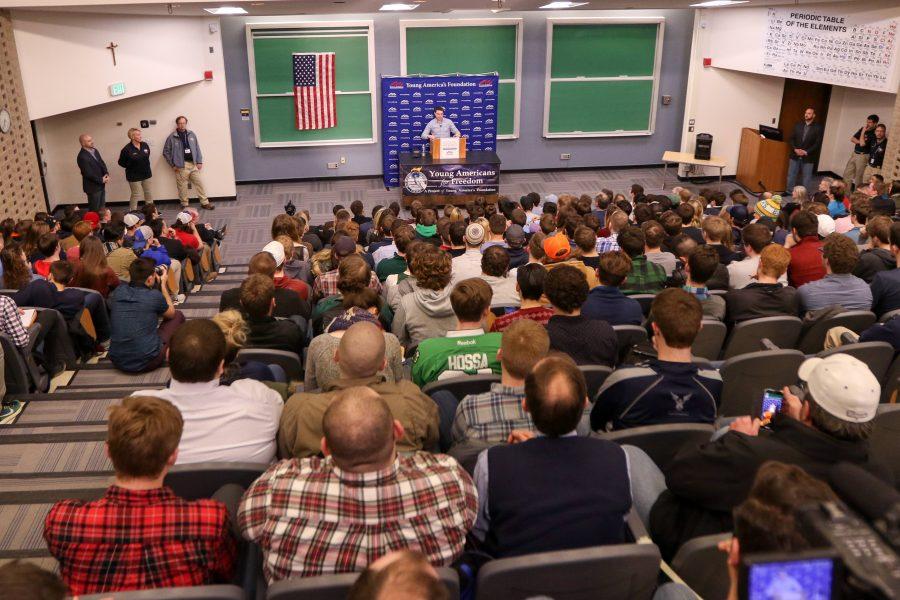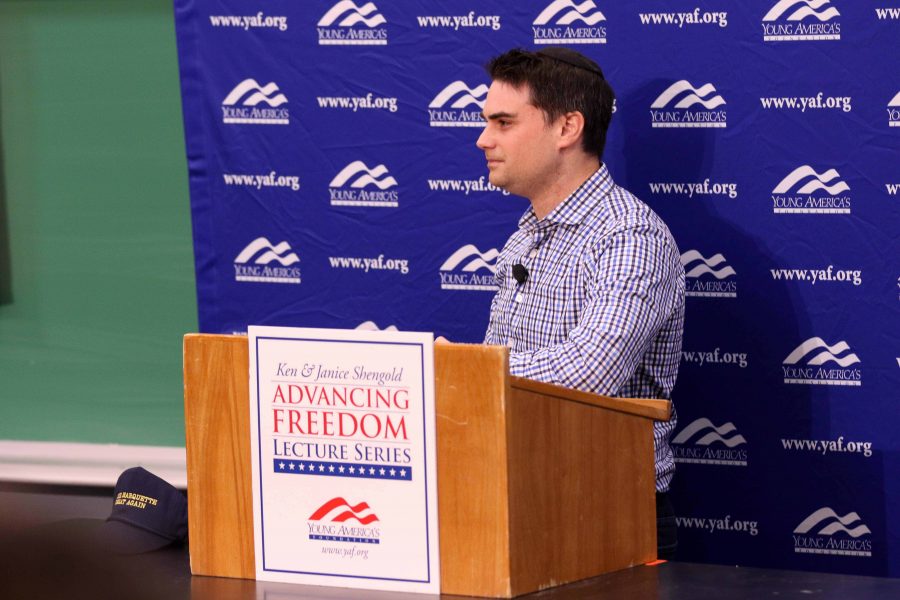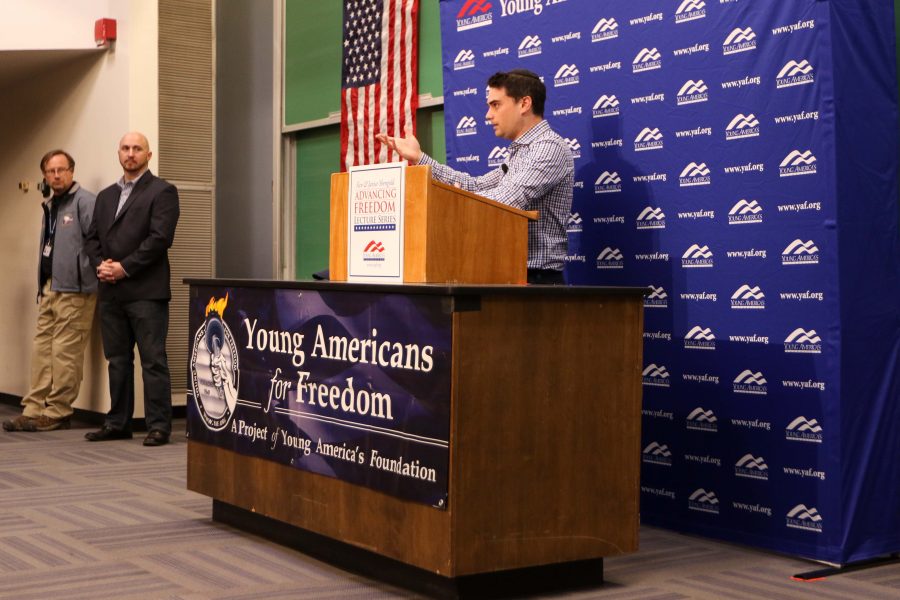 As current, male students of Marquette’s Honors Program, we are perplexed by and aggravated with the university’s zealous assertion of its Catholic values and identity in the wake of the sponsorship withdrawal of the FemSex program.
As current, male students of Marquette’s Honors Program, we are perplexed by and aggravated with the university’s zealous assertion of its Catholic values and identity in the wake of the sponsorship withdrawal of the FemSex program.
The Honors Program serves as an excellent channel through which programs like FemSex can establish an academically significant presence on campus. The initial appeal of the program was, for both of us, its intellectually engaging and rigorous pedagogical approach — it fosters intellectual development by introducing new perspectives in a way that is intrinsically rewarding and illuminating.
Indeed, the Honors Program’s mission statement, as posted on its website, promises to do just that: “Our mission is to provide an education rooted in a classical humanities curriculum, particularly as it is shaped by the Jesuit ideals of rigorous academic inquiry, a habit of reflection on knowledge and experience and, growing from these, a desire to bring about justice in the world.”
Both of us can attest to the fact that we would not be here if the program was not so promising and concerned with self-expression and discovery. Having and empowering an organization like the one at Marquette certainly creates an interesting academic environment that attracts more intellectually engaged and promising students.
As the mission statement points out, Jesuit values are rooted in a meaningful, diverse education that leads to intellectual reflection, from which a desire to bring about a just world germinates. If the Marquette Honors Program exemplifies the meaningfully engaging academic and intellectual approach that is a core value of a Catholic, Jesuit education, why should its decisions to foster new perspectives be in discord with the university’s Catholic mission?
If the university is to be taken seriously as an institution that champions academic freedom, growth, and expression — all stated desires in the new strategic plan — new and exciting intellectual pathways, such as those explored in the FemSex program, must have precedence over Catholic values that can potentially hinder meaningful academic growth.
It is our belief that having an academic setting through which programs like FemSex can operate is necessary for students to reach their true potential, as it is healthy for traditional values to be challenged by and put into dialectic with ones that oppose them.
The university’s Catholic identity and values are failing, as the Catholic Church is, to adapt to an evolving collective global consciousness that places substantial value upon self-expression, self-empowerment and intellectual curiosity. If the university genuinely emphasized the idea of cura personalis, it would have realized the need to create an environment in which women are comfortable disclosing sexual assaults, discussing issues of gender and sexuality, and discovering how to empower themselves in a way that is intellectually meaningful. Instead, victim advocacy is scaled back, student health programming is cut, and FemSex is prohibited. The global disenchantment with Catholicism stems from its failures to progress its values, for example, its traditionalist views of women and gender, and if the university does not engender a passion for intellectual inquiry that extends beyond its current values, this disenchantment will only grow stronger among its faculty, staff and students. Therefore, if students are merely expected to regurgitate some form of the values of Catholicism rather than investigate alternative understandings of humanity, can it really be said that they have received an effective liberal arts education?
As two students of the Marquette Honors community, we believe that the program is a bastion for those who wish to develop intellectually and personally. We want to reiterate the fact that we are not critical of the Honors Program or its decision to withdraw sponsorship for FemSex, as we believe that the university administration’s tactics to dismantle support of FemSex on account of its Catholic identity is what brought about the unfair pressure to withdraw in the first place. If the university does not want the program to sponsor things, like FemSex, that create new academic perspectives, it is not only harming its most valuable academic possession, but it is disrupting the potential that it has to cultivate students who intrinsically value education and have the ability to be agents of change in the future. To quote the Association of American Colleges and Universities’ 2006 Board of Directors’ statement on Academic Freedom and Educational Responsibility:
“The clash of competing ideas is an important catalyst, not only for the expansion of knowledge but also in students’ development of independent critical judgment… It is also essential that faculty help students learn — through their college studies — to engage differences of opinion, evaluate evidence, and form their own grounded judgments about the relative value of competing perspectives. This too is an essential part of higher education’s role both in advancing knowledge and in sustaining a society that is free, diverse, and democratic.”
Reader submission by Louis “L.J.” Cooper, College of Arts & Sciences ’16 and Matt Cekanor, College of Education ’16






